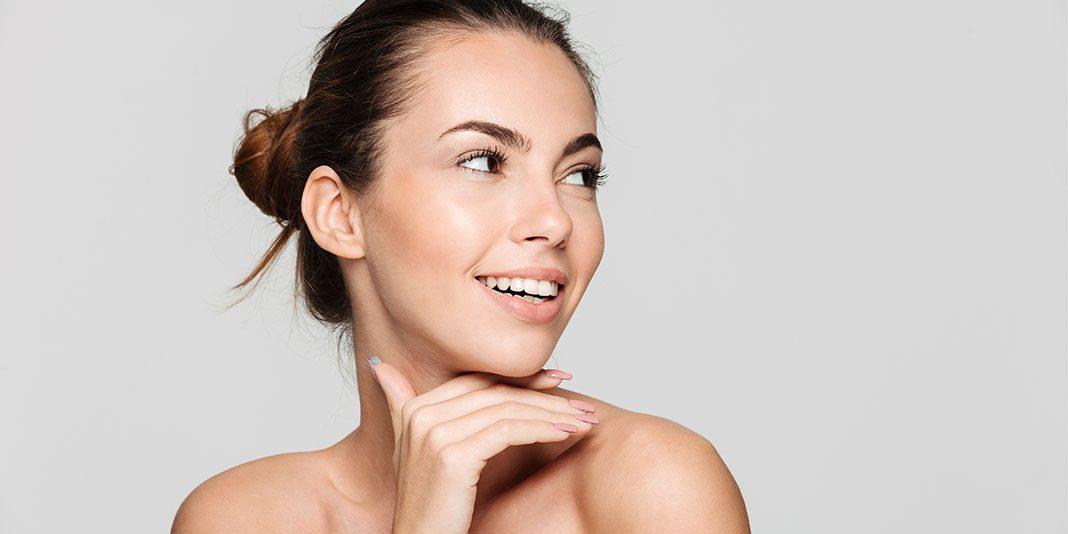Probiotics are a huge topic of conversation in health circles. You have probably heard about probiotics for gut health. You may have even seen commercials for yogurt raving about probiotic benefits.
But can probiotics do more than help with an unbalanced gut?
First of all, probiotics are live bacteria that support the healthy bacteria in your body. So, if your skin is breaking out because of bacteria, shouldn’t taking a probiotic supplement help? After all, your skin is your body’s largest organ.
Well, it is a bit more complicated than that. Some studies have shown that taking probiotics orally or even topically can help prevent and treat skin conditions including eczema, acne, dry skin, and UV-induced skin damage.
How is this true? Well, prebiotics affect your gut health, and your gut affects your skin. By balancing both the good and bad bacteria in your gut, your skin also benefits from those effects.
With this, it seems like a no-brainer, right? If you’re breaking out or dealing with skin ailments, you should take a probiotic supplement to help. But, it isn’t that simple.
After taking a probiotic with the intent of clearing the skin, some people break out. Why?
Well, like many supplements, what you see isn’t always what you get. Not all supplements are created equal. Just because you pop a probiotic doesn’t mean it has all the ingredients your body needs to be balanced.
You could also be taking the wrong probiotic. If you are looking to clear acne, there are probiotic strains that prevent acne, but others can activate the immune system and cause acne. A slight difference in lettering can make a huge impact.
On the other hand, taking the right probiotic can also initiate the skin to breakout or purge. This can be the first sign of a healthy response. Your body is reacting to this change, and as it removed unhealthy bacteria, it can come to the skin’s surface. This purging can happen in as little as 3 days from starting a new probiotic.
So, if everything goes well, your skin should react happily to the introduction of a probiotic supplement. But, there is always the chance that you are taking the worn gone or that you could deal with worsening skin before it gets better.
Some doctors argue that actually applying probiotics directly to the skin is the best way to see results. One of the products recommended by experts is the Paula’s Choice Probiotic Nutrient Moisturizer (Shop here) which features prebiotics, probiotics, and postbiotics to fight skin aging and breakout-prone skin.
Overall, it seems that probiotics are, in fact, good for the skin. But that doesn’t mean you will necessarily have the best reaction to them. Much like the rest of skincare, it is a game of trial and error.
Bellefonds, Colleen de. “What Do Probiotics Have to Do With Your Skin?” Healthline, Healthline Media, 9 Sept. 2020, www.healthline.com/health/probiotics-skin-care.
Roudsari, M Rahmati et al. “Health effects of probiotics on the skin.” Critical reviews in food science and nutrition vol. 55,9 (2015): 1219-40. doi:10.1080/10408398.2012.680078
“Warning: Probiotics Can Cause Skin Breakouts.” Meet Dr. Lauryn, 17 July 2020, drlauryn.com/gut-health/warning-probiotics-can-cause-skin-breakouts/.




































